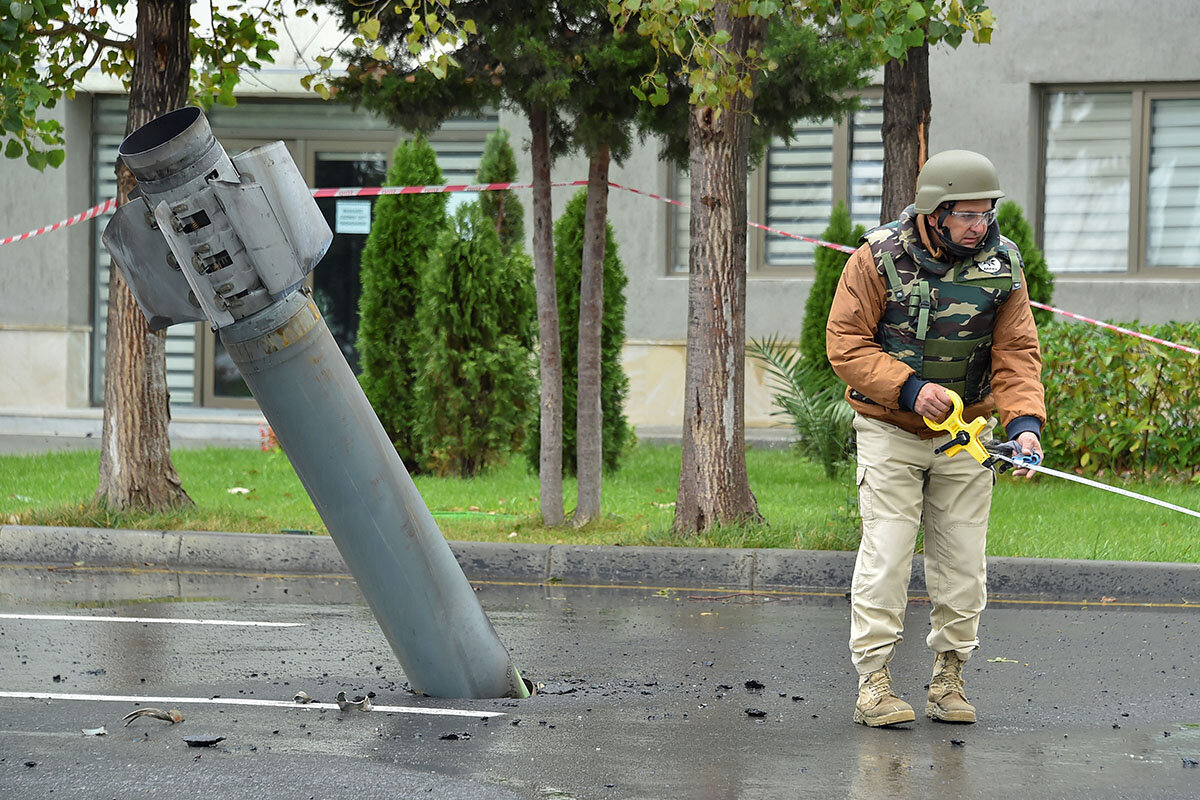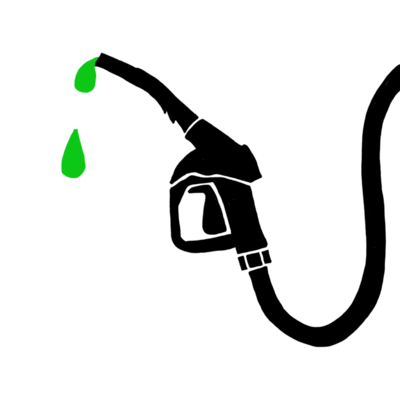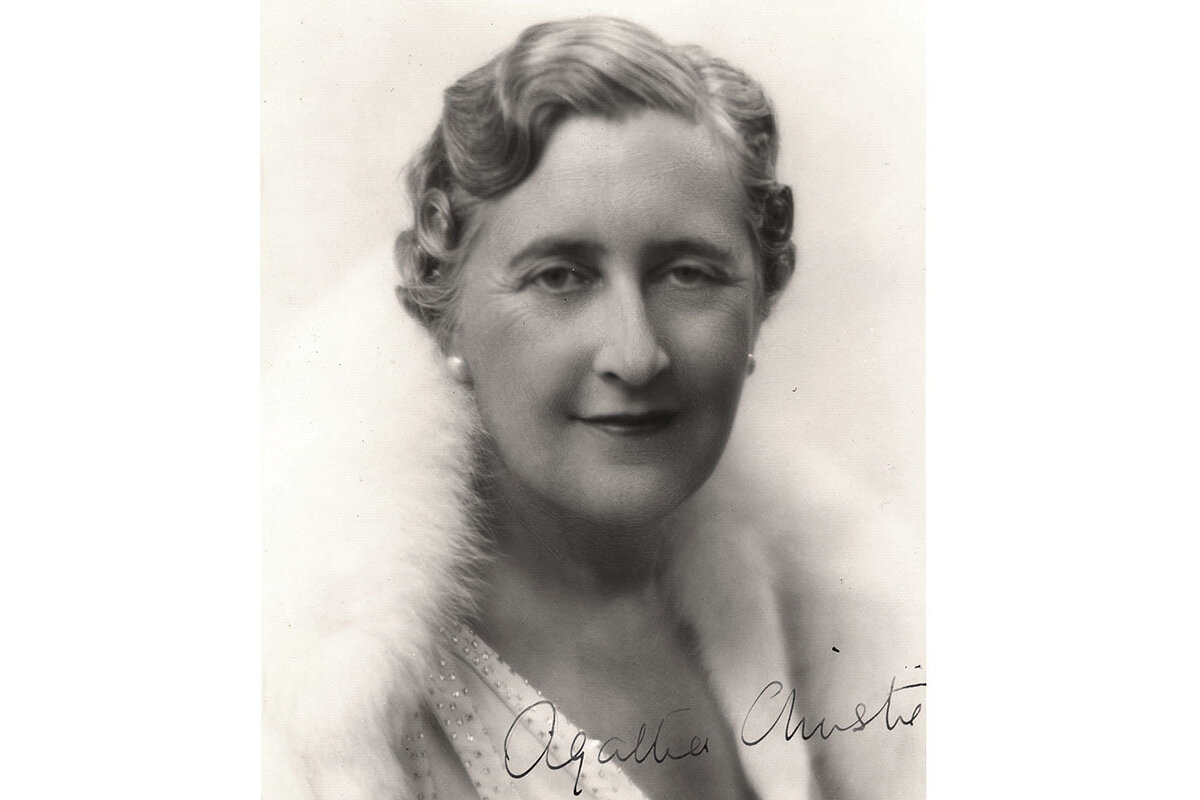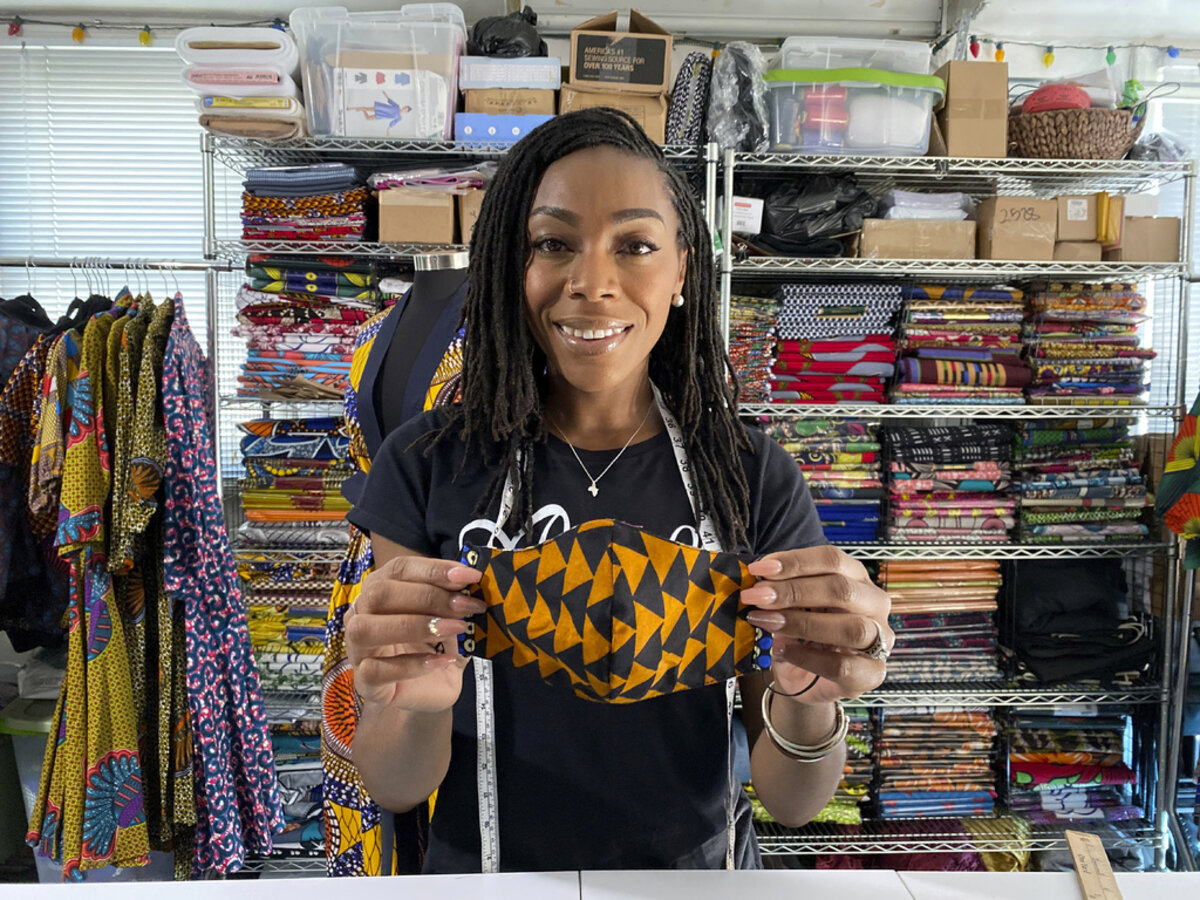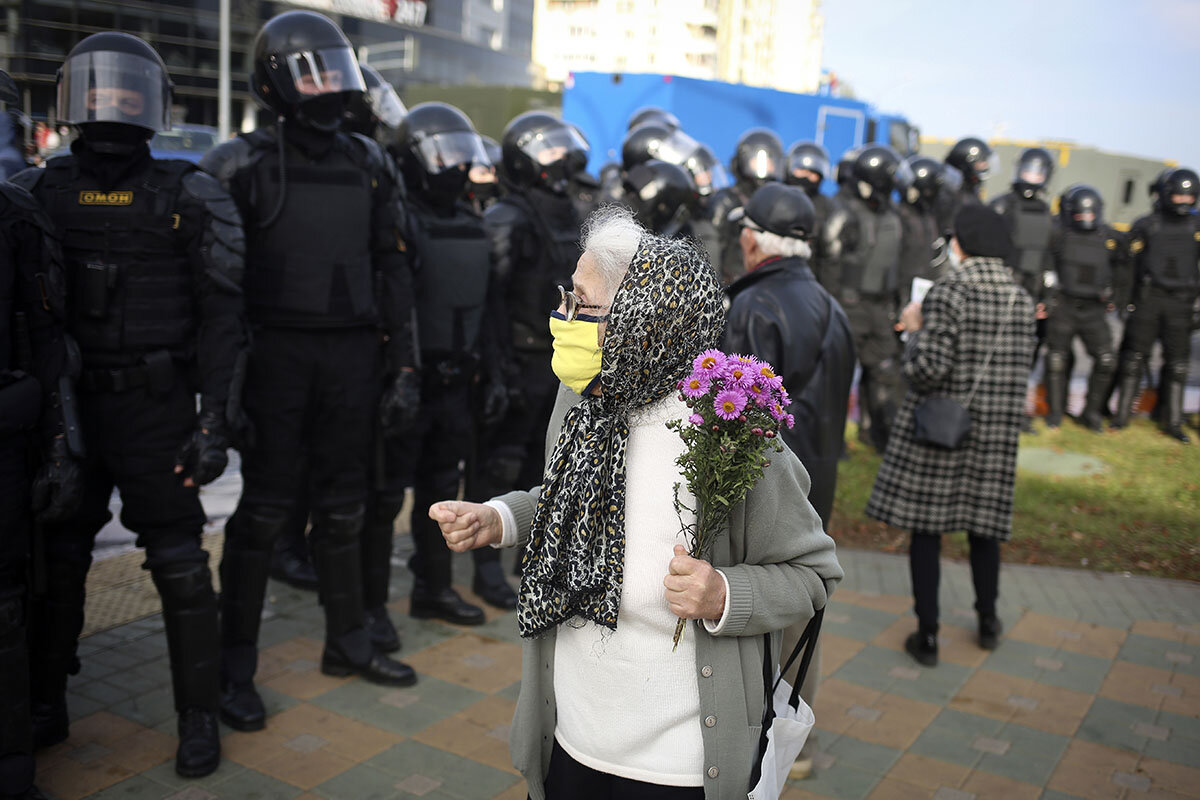The president’s handling of his own health struggle has rapidly become an illustration of his government’s approach to managing a national crisis. How will history view it?
Monitor Daily Podcast
- Follow us:
- Apple Podcasts
- Spotify
- RSS Feed
- Download
 Clayton Collins
Clayton Collins
When the framers waxed hopeful about “a more perfect Union,” they surely didn’t expect popular unanimity on issues of national concern. But today American disunity seems to be deepening even during the kind of crisis that might once have been expected to unite.
Fundamental differences have swelled since before 2020 and probably won’t evaporate soon.
“The point of American civic life is not to resolve these tensions,” write Caroline Hopper and Laura Tavares in a 2019 Greater Good Magazine story that’s been making the rounds. “Rather, we need to understand their origins and grow smarter about engaging them.”
The writers are with the Aspen Institute Citizenship and American Identity Program and with Facing History and Ourselves, respectively. Those are two of the organizations collaborating on the Better Arguments Project.
What they prescribe is not just empathy – know the context of another’s views, listen actively, open up and be vulnerable. They call for more. “Take winning off the table,” they write. Drop the idea that one side must win at the other’s expense. And “be open to transformation.”
A story in The Guardian describes the friendship that an evangelical activist and an LGBTQ-marriage advocate found through the “depolarizing group” Braver Angels. Through exposure, they came to see each other as OK people committed to opposing causes.
Too pat? Some in the story’s comment thread dismiss the amity, noting that hard-liners often seek to marginalize others – such as trans and nonbinary people – out of existence. But smarter engagement is a start.
“People have to sit with some discomfort,” said Kirk Schneider, a Braver Angels moderator, “if we’re going to have sustainable peaceful coexistence with one another.”





